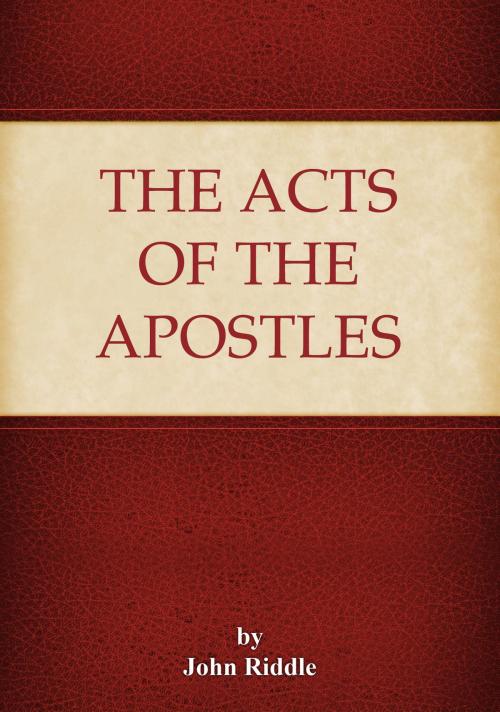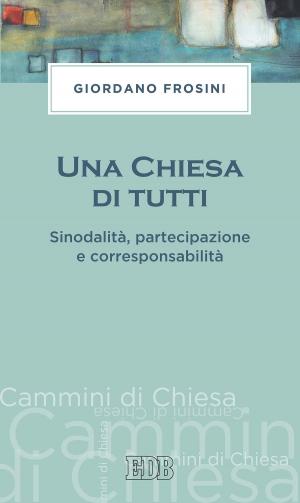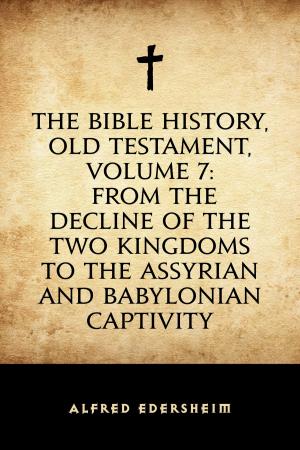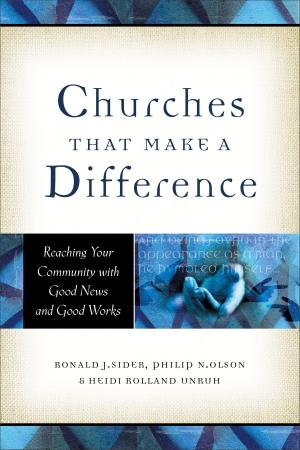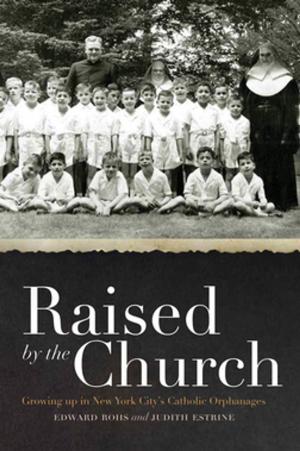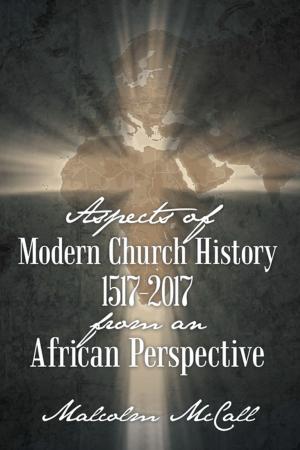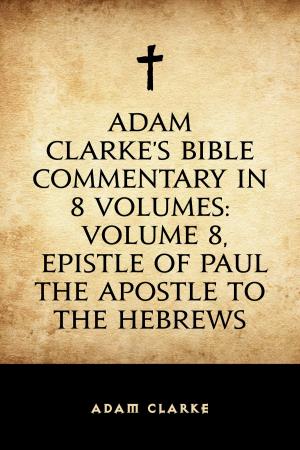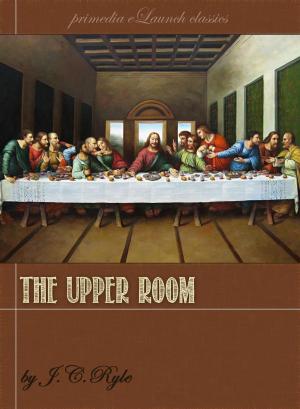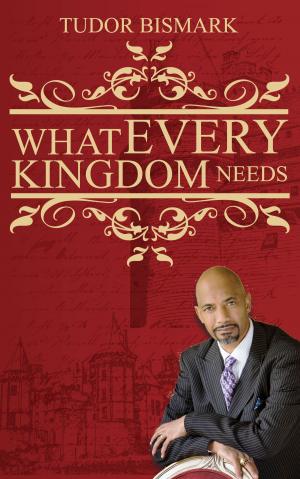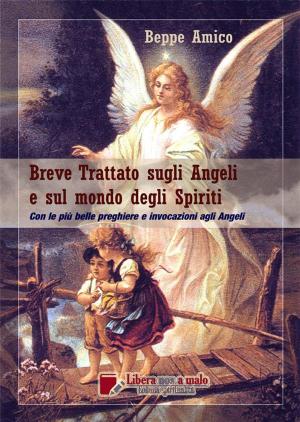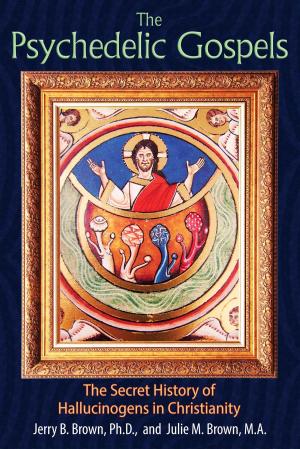The Acts of the Apostles
Nonfiction, Religion & Spirituality, Bible & Bible Studies, New Testament, Commentaries, Christianity, Church| Author: | John Riddle | ISBN: | 9781909803084 |
| Publisher: | John Ritchie | Publication: | September 16, 2014 |
| Imprint: | Smashwords Edition | Language: | English |
| Author: | John Riddle |
| ISBN: | 9781909803084 |
| Publisher: | John Ritchie |
| Publication: | September 16, 2014 |
| Imprint: | Smashwords Edition |
| Language: | English |
The book of Acts commences with the words, “The former treatise have I made, O Theophilus, of all that Jesus began both to do and to teach, until the day in which he was taken up” (1.1-2). The “former treatise”, meaning a “written narrative” (W.E.Vine) is, of course, Luke’s Gospel, which was also addressed to the “most excellent Theophilus” (Lk 1.3). If Luke’s Gospel is a record of “all that Jesus began both to do and to teach”, then the book of Acts is the record of all that he continued to do after His ascension. It is certainly worth noting that the word translated “treatise” (logos) indicates something true and trustworthy, as opposed to the opposite word, mythos, which indicates something fictional and spurious. We should be so thankful that we have reliable records, not because Bible writers had good memories, but because “all scripture is given by inspiration of God” (2 Tim 3.16). Mark refers to the continuing or ongoing work of the Lord Jesus as follows. “So then after the Lord had spoken unto them, he was received up into heaven, and sat on the right hand of God. And they went forth and preached every where, the Lord working with them, and confirming the word with signs following” (Mk 16.19-20).
The book of Acts commences with the words, “The former treatise have I made, O Theophilus, of all that Jesus began both to do and to teach, until the day in which he was taken up” (1.1-2). The “former treatise”, meaning a “written narrative” (W.E.Vine) is, of course, Luke’s Gospel, which was also addressed to the “most excellent Theophilus” (Lk 1.3). If Luke’s Gospel is a record of “all that Jesus began both to do and to teach”, then the book of Acts is the record of all that he continued to do after His ascension. It is certainly worth noting that the word translated “treatise” (logos) indicates something true and trustworthy, as opposed to the opposite word, mythos, which indicates something fictional and spurious. We should be so thankful that we have reliable records, not because Bible writers had good memories, but because “all scripture is given by inspiration of God” (2 Tim 3.16). Mark refers to the continuing or ongoing work of the Lord Jesus as follows. “So then after the Lord had spoken unto them, he was received up into heaven, and sat on the right hand of God. And they went forth and preached every where, the Lord working with them, and confirming the word with signs following” (Mk 16.19-20).
